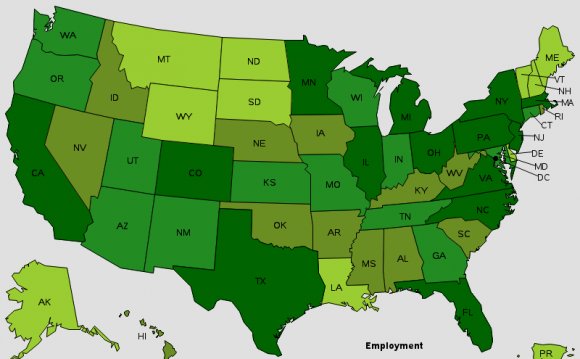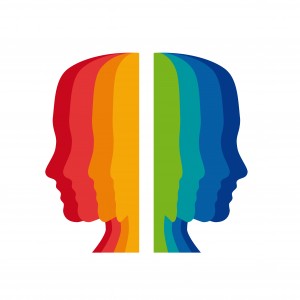
 When pursuing a career as a professional mental health clinician, it can be difficult to discern and decide what particular path suits you best. Individuals often confuse the difference between psychotherapists, counselors, psychologists, or even psychiatrists. Although there are many similarities between a psychologist and a psychotherapist/mental health clinician, there is quite a difference in each as well. For instance, education, coursework emphasis, licensure, workforce eligibility and even salary averages. All these similarities and differences are important to consider when you are trying to decide what path is right for you. This article will explore the difference between pursuing a Master’s level degree in Counseling Psychology and a PhD in Counseling Psychology, why would one pick one over the other?
When pursuing a career as a professional mental health clinician, it can be difficult to discern and decide what particular path suits you best. Individuals often confuse the difference between psychotherapists, counselors, psychologists, or even psychiatrists. Although there are many similarities between a psychologist and a psychotherapist/mental health clinician, there is quite a difference in each as well. For instance, education, coursework emphasis, licensure, workforce eligibility and even salary averages. All these similarities and differences are important to consider when you are trying to decide what path is right for you. This article will explore the difference between pursuing a Master’s level degree in Counseling Psychology and a PhD in Counseling Psychology, why would one pick one over the other?
Why a Master's of Arts in Counseling Psychology
A Master's degree in Counseling Psychology on average takes around 2-3 years to finish and usually includes direct clinical experience as a pre-graduation requirement. An MA in Counseling Psychology consists of a practice oriented curriculum that in general focuses on developing psychotherapeutic and counseling skills, diagnostic and assessment skill sets that can be applied to a range of clinical populations and a variety of emotional and psychological conditions. The curriculum works to build skills that become effective to treat cognitive, mental and emotional issues including personal growth, adjustment to disability, crisis intervention, and psychosocial issues. When choosing a program it is important to make sure that the appropriate accreditation is granted towards the licensure desired, for instance a regional accreditation that is approved by the Board of Behavioral Science would complement one who is pursuing a Marriage and Family Therapy License. General costs vary on each program (public or private) or if your in state or out of state so tuition can range from , 000 (public in state) per year to over , 0000 + (private). This is just tuition alone, not including fees, books or living costs.
This is just tuition alone, not including fees, books or living costs.
Professional Mental Health Licensures with MA in Counseling Psychology
Each program is designed to create a pathway to becoming a professional mental health clinician. Since licenses are issued on the state level rather than a national level, to become a professional in your state you must abide to the licensure requirements of that state depending on the type of licensure being pursued such as a Marriage & Family Therapist (MFT), Licensed Professional Clinical Counselor (LPCC or LPC), Licensed Mental Health Counselor (LMH), and more. Whether you decide to work with a specific population, all licensed professionals must have a master’s degree and between 2, 000-4, 000 hours of supervised clinical experience. Then you must pass a state recognized exam that authorizes you to be a legal professional therapist or counselor in that state. Something to note, each state has its own requirements for licensing so eligibility of that licensure might not translate to the other so additional courses or exams might have to be completed. Same goes with working with some specialties such as couples or families, the necessary education and training might have to be fulfilled to be able to work with particular population.
Share this Post
INTERESTING PSYCHOLOGY VIDEO













